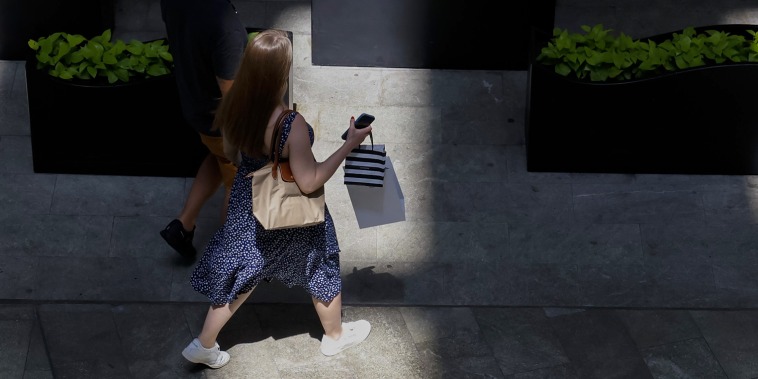With the economy in the United States continuing to display signs of strength, there is an underlying unease and discontent amongst a large percentage of Americans. These doubts are offsetting the optimism from the healthy economic indicators and numbers that normally signal a robust economy.
A recent survey by the Pew Research Center has revealed that a majority of Americans (71 percent) view the economy as either only fair or poor. This is in stark contrast to the robust jobs reports and record-low unemployment rate during this period.
The survey results seem to indicate that the current U.S. economic strength may not be translating into greater contentment among the public. Money that is being made is not being spent. While unemployment is down, and wages are increasing, consumer spending has been very weak. In the second quarter of 2019, consumer spending declined significantly.
This indicates a public that is not viewing the current economic environment as a time to make large purchases. This is also being seen in the election cycle, where voter enthusiasm does not appear to have grown. Typically, when the economy is doing better, the people vote in higher numbers. However, this has not been the case in recent primary polls.
This suggests the possibility of widespread economic anxiety below the surface. People may not be expressing it directly, leading to the abstract polling figures, but it is having a direct impact on their wallet. The lack of spending and the slow trickle of voters reflect this underlying worry, with people choosing to save instead of invest.
The current economy may be good for America, but it needs to translate into tangible goods and services for the population to feel like it is remote from the powerful and privileged few to the everyday person. Until that happens, they will continue to vote and spend with caution.

